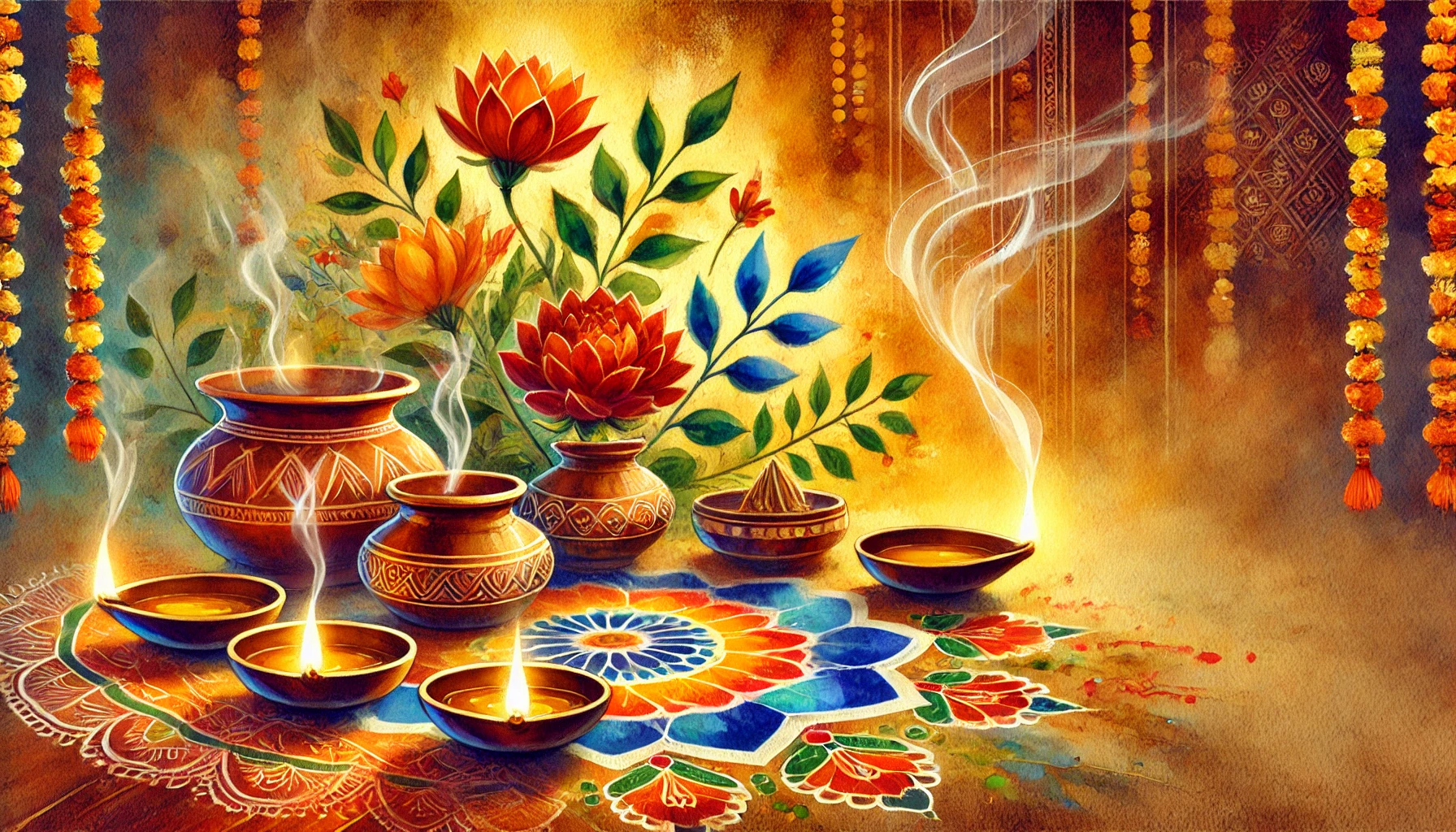In an era of rapid modernization, the essence of Indian traditions shines as a beacon of wisdom and continuity. India’s rich heritage, preserved through diverse customs, rituals, and practices, is a powerful reminder of the values, connections, and life lessons passed down for generations. By embracing these traditions, we gain a deeper sense of self, a connection to our roots, and the invaluable guidance these cultural practices offer.
The Role of Tradition in Our Lives
Indian traditions are more than customs; they are interwoven with spiritual and moral values. Traditional Indian practices—from celebrating festivals to observing rituals—each hold layers of significance that enrich our lives, teaching us about unity, respect, and compassion. Embracing these cultural elements isn’t just about honoring our ancestors; it’s about fostering resilience, mindfulness, and a sense of belonging in a fast-paced world.
Table of Contents
- Building Connections through Festivities
- Cultivating Wisdom through Rituals
- Learning Values through Storytelling
- Adapting Traditions for Modern Life
- Final Thoughts on Honoring Heritage
Building Connections through Festivities
Indian festivals like Diwali, Holi, and Eid offer much more than vibrant celebrations—they are meaningful gatherings that promote unity, joy, and shared values. During these times, families and friends come together, fostering bonds and strengthening social connections. These festivals often include ancient rituals, symbolic foods, and traditional attire that remind us of the importance of community, gratitude, and togetherness.
“Festivals reconnect us with our culture, community, and values that define who we are.”
In celebrating these occasions, we experience the cultural vibrancy of India and pass on stories, beliefs, and values that continue to shape generations.
Cultivating Wisdom through Rituals
The importance of rituals in Indian traditions lies in their symbolism and ability to ground us. Rituals like lighting diyas during Diwali, performing aarti, or taking blessings from elders are not just acts; they embody values of reverence, humility, and respect. These practices help cultivate mindfulness, reminding us to pause and reflect.
Rituals also support emotional well-being by creating a rhythm in our lives. For example, yoga and meditation, rooted in Indian tradition, have become globally recognized tools for mental health. These practices encourage inner peace, focus, and resilience, emphasizing the holistic benefits of traditional wisdom.
Small Rituals for Daily Life
- Begin your day with a short meditation or breathing exercise.
- Set aside time for gratitude at the end of the day.
- Embrace small acts of mindfulness, such as lighting a candle or diya, to reconnect with the present moment.
Learning Values through Storytelling
Storytelling has been a powerful medium in Indian culture, used to pass down morals, historical lessons, and cultural values. Mythological tales like the Ramayana, Mahabharata, and Panchatantra offer lessons on loyalty, bravery, humility, and the importance of making ethical choices. These stories teach us about the consequences of actions, encouraging reflection on what is right and just.
As parents and grandparents share these tales with younger generations, they instill values that continue to shape character and guide personal growth. In a world where quick information often replaces deep learning, storytelling remains a cherished tradition that fosters curiosity, empathy, and critical thinking.
Adapting Traditions for Modern Life
While the core of Indian traditions remains timeless, adapting these customs to modern lifestyles is key to keeping them alive. Many people find joy in blending traditional values with contemporary practices, such as celebrating festivals in eco-friendly ways or incorporating traditional Indian foods and holistic practices into their daily routines.
Practical Ways to Honor Traditions Today
- Sustainable Celebrations: Celebrate festivals with eco-conscious practices, like using natural colors for Holi or reusable decorations for Diwali.
- Modernized Rituals: Create personalized morning or evening routines that blend mindfulness practices with traditional elements, such as yoga or prayer.
- Healthy Indian Diet: Embrace the health benefits of traditional Indian foods, which include spices and herbs known for their healing properties.
By thoughtfully adapting these customs, we continue to respect our heritage while ensuring it remains relevant for future generations.
Final Thoughts on Honoring Heritage
The importance of Indian traditions goes beyond mere rituals; it is a celebration of identity, resilience, and values that shape us as individuals and as a society. Embracing these customs keeps us grounded, fosters a sense of unity, and enriches our lives with deeper meaning. Whether through festivals, rituals, storytelling, or mindful adaptations, the lessons from Indian traditions provide wisdom and comfort that modern life cannot replicate.
“A nation’s culture resides in the hearts and in the soul of its people.” — Mahatma Gandhi
“Tradition is not the worship of ashes, but the preservation of fire.” — Gustav Mahler
“Our heritage and ideals, our code and standards—the things we live by and teach our children—are preserved or diminished by how freely we exchange ideas and feelings.” — Walt Disney
“A people without the knowledge of their past history, origin, and culture is like a tree without roots.” — Marcus Garvey
“Culture is the widening of the mind and of the spirit.” — Jawaharlal Nehru
“Tradition means giving votes to the most obscure of all classes, our ancestors. It is the democracy of the dead.” — G.K. Chesterton
External Resources
For further insights on Indian culture and traditions, you can explore these reputable resources:
Tags: Celebrating Culture, Cultural Heritage, Cultural Roots, Heritage And Legacy, Importance Of Tradition, Indian Culture, Indian Festivals, Indian Traditions, Preserving Traditions, Traditional Values
